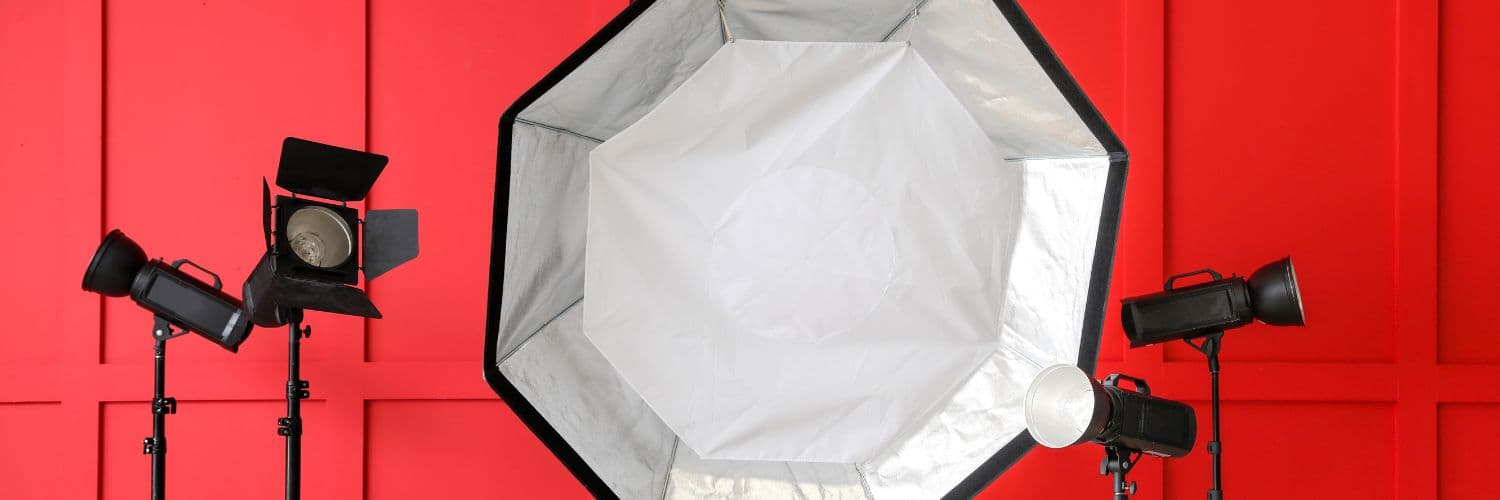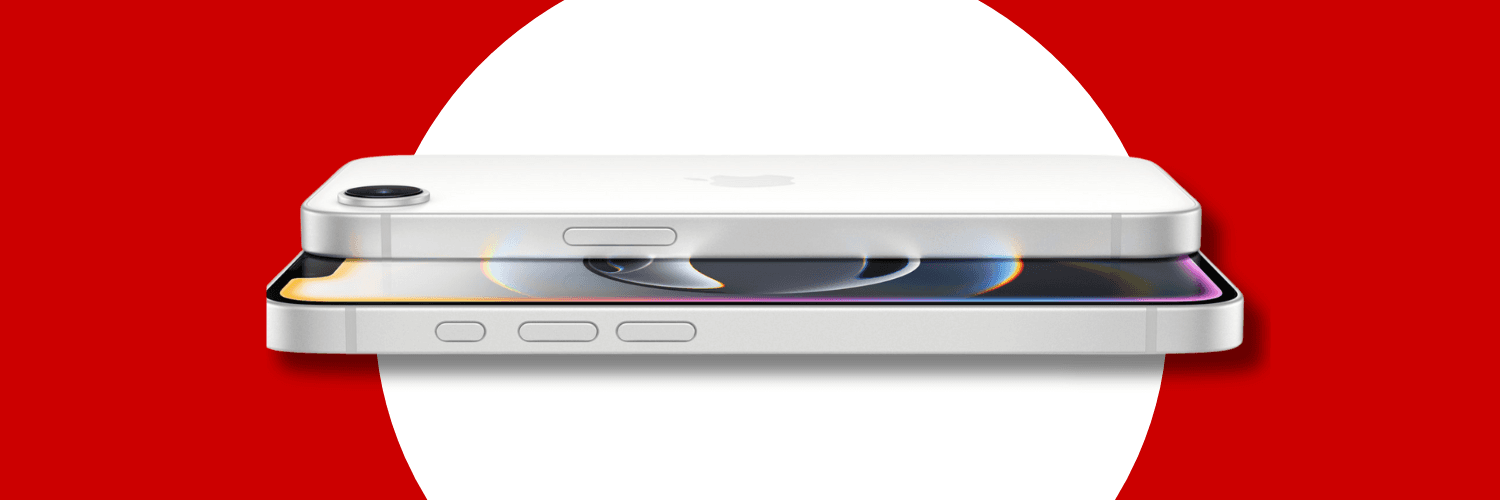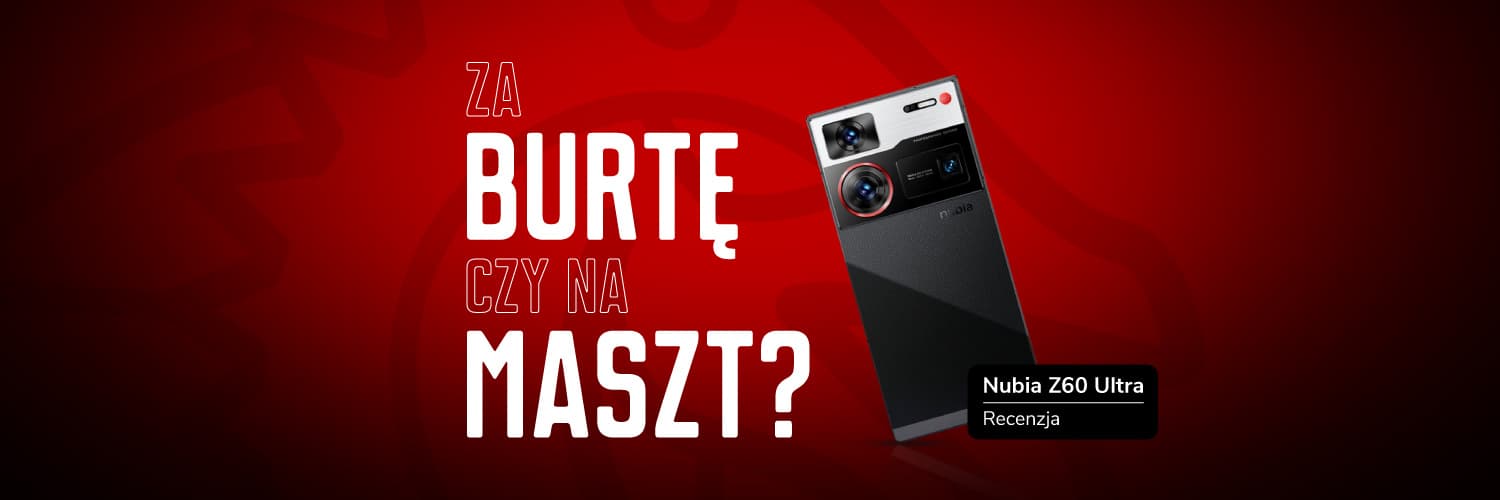Android Operating System — What Is It?
Android is an operating system that powers devices such as smartphones, tablets, televisions, and even some infotainment systems in your car. Google acquired Android in 2005, and since then, it has been successfully storming the phone market. According to statistics, Android powers as many as 70% of all mobile devices worldwide.
However, if Android has such a strong market position, why is it "fighting" with iOS at all?
iOS — What Kind of Fancy Abbreviation Is That?
iOS is an operating system designed by Apple. It powers devices like the iPhone, iPad, iPod, iWatch, Apple TV, and iMac, meaning laptops from the company with the apple. In essence, iOS is simply an abbreviation for iPhone Operating System. iOS's global share in the mobile operating system pie is around 30%. This is, for example, the share in Europe. In the company's homeland — the USA — iOS's share is, however, around 50%. So, despite Android's global market dominance, people at Google still feel the breath on their necks. And it's a breath with an unpleasant smell for them, because iOS, with its flagship — the iPhone — has a decidedly stronger brand and the emotions associated with it.
iOS vs Android Comparison
- Hardware and Operating System — Which Pairs Better?
Android has become incredibly popular worldwide among hardware providers thanks to the flexibility of its architecture. It works successfully with phone models produced by various manufacturers. This flexibility, however, means that problems with phone and operating system synchronization are far more likely to occur than with iOS. This can result in, for example, reduced smartphone performance or more frequent freezing. If you're also experiencing such issues, check out how to speed up your phone.
iOS, on the other hand, is an operating system designed strictly for Apple devices. It therefore offers a higher level of performance than Android and is tailored precisely to the hardware requirements. Point for Apple 🍏.
- Usability
Usability is closely linked to the user interface, smoothness, or even the naturalness of navigation and the ease of finding desired functionalities. A popular (among iPhone fans) thesis states that the UX of Apple devices is a notch above those equipped with Android. But it's like with Vikings. Everyone praises the axe they are used to.
In reality, Android is just as intuitive as iOS, and you simply need to get used to both. Both user groups worry about a potential switch because both would have to learn to navigate a new environment. In this case, we have a draw 🤝.
- System Updates
System updates prepared by Apple are considered more thorough. However, there is nothing to suggest that this is actually the case. The difference, however, is that any potential bugs do not affect user security as much as with Android devices. In other words, when Android has a flaw, the whole world will find out, and when the iOS system experiences a setback, its followers will remain as silent as the grave. Draw 🤝.
- User Security
iOS places applications in separate environments, so a potential infection does not spread to other system components or other apps. Moreover, Apple generally takes more care to scan applications available in the App Store for security before making them available to the wider public. Google Play Store does this too, but in this case, there are known instances where malicious software has been smuggled in and exposed users downloading a given app to infection.
Generally speaking, Apple with its iOS is simply a more closed system than the partially open-source Android, making it more hermetic. Security experiences are also undoubtedly influenced by the fact that user identification information, such as fingerprints, is stored not in the cloud, but directly in the device's encrypted memory. It also doesn't matter whether you use a subscription plan or have pay-as-you-go phone.
This point also goes to iOS 🍏.
Summary? iOS looks better, but there's one catch. The price of the hardware.
Android or iOS — Which to Choose?
Many people ask themselves, what is the difference between an iPhone and a smartphone. Even this question, although incorrect, since an *iPhone* is also a smartphone, shows the basis of the difference and the strength of Apple phones. It's the brand. No Viking boasts about their *fancy* Samsung or Xiaomi. It's just how it is. But when you use an iPhone, then... well. Everyone knows it's a relatively expensive phone, so on a psychological level, it reflects the owner's economic status. And this is the main thing that differentiates the Apple brand from others.
The differences between the two main systems are not like a chasm, and in terms of overall performance, the average user will certainly not notice a difference when switching from one to the other. Both products have been developed for two decades, so there is no room for randomness or lack of adaptation to user expectations.
So now, choose 👀!










